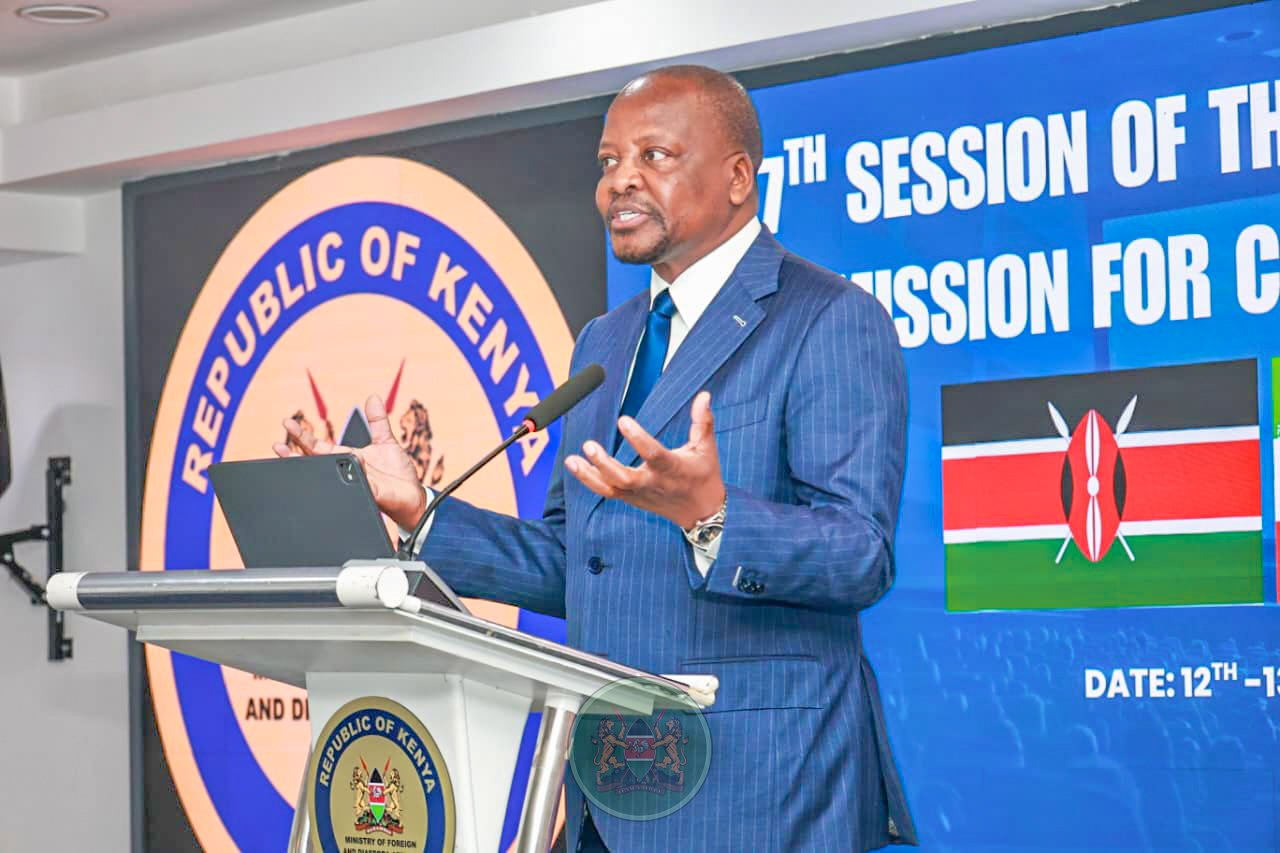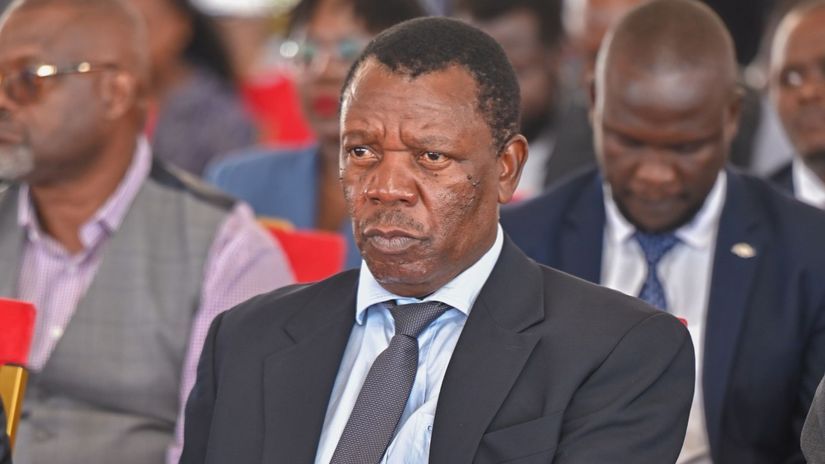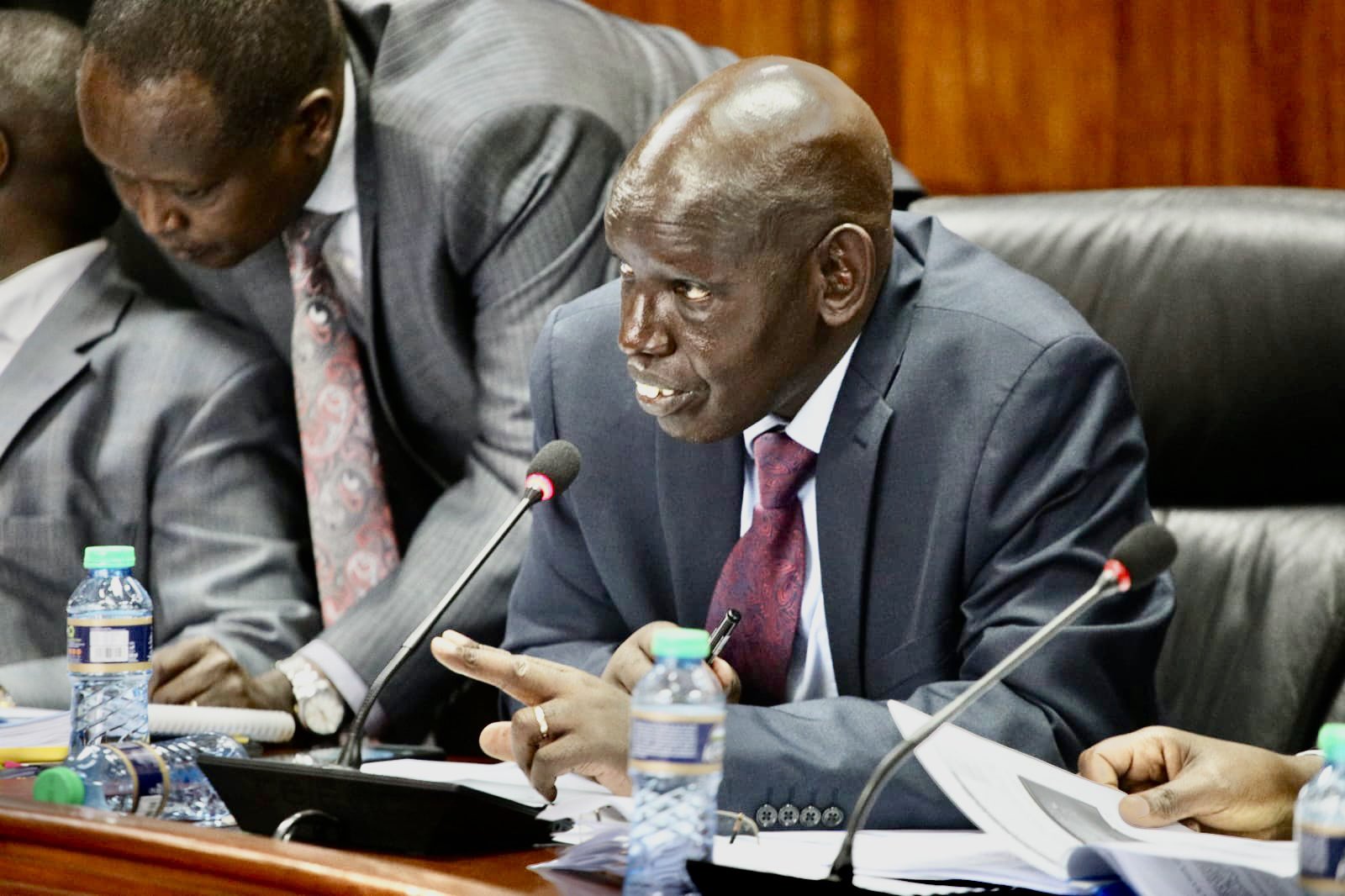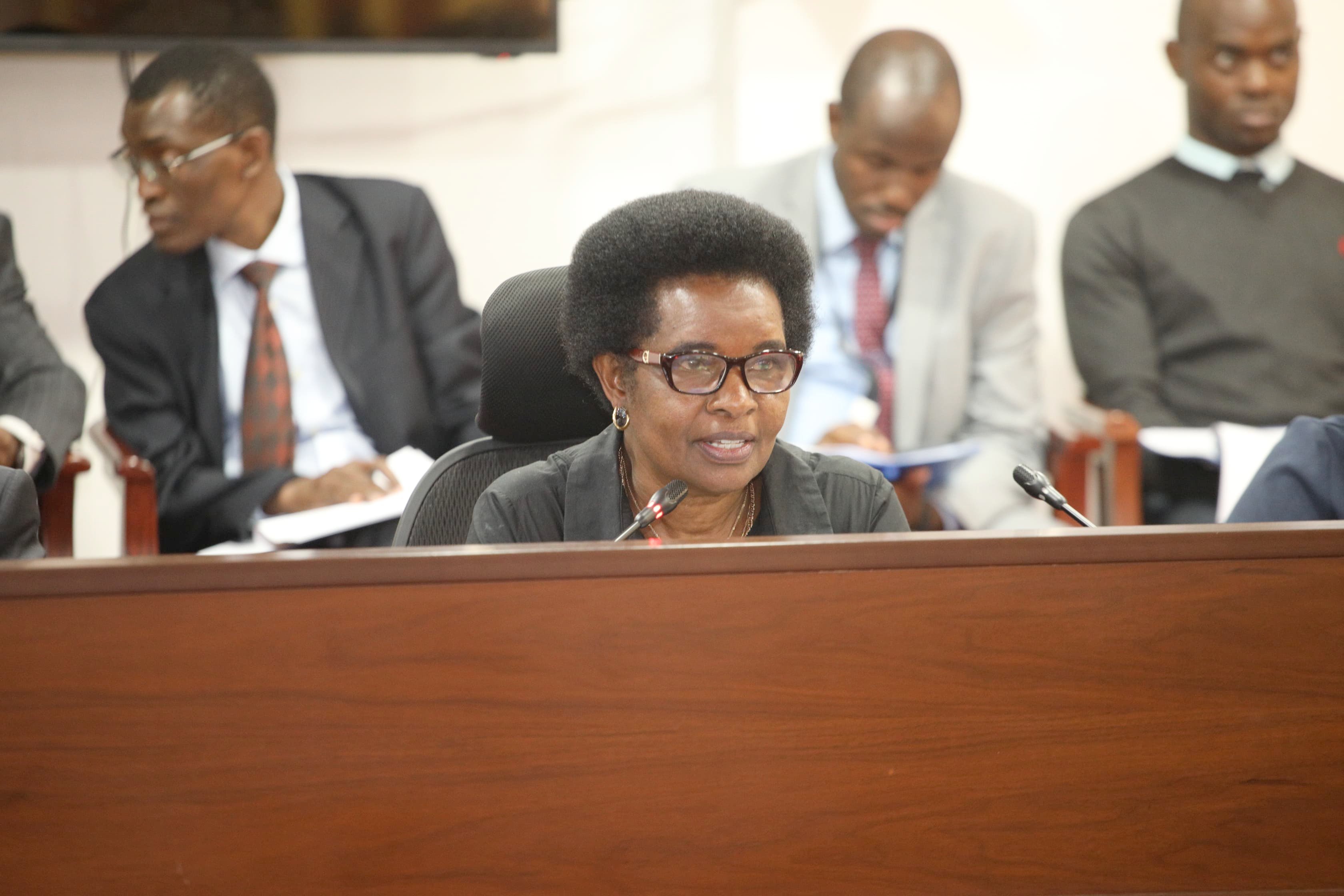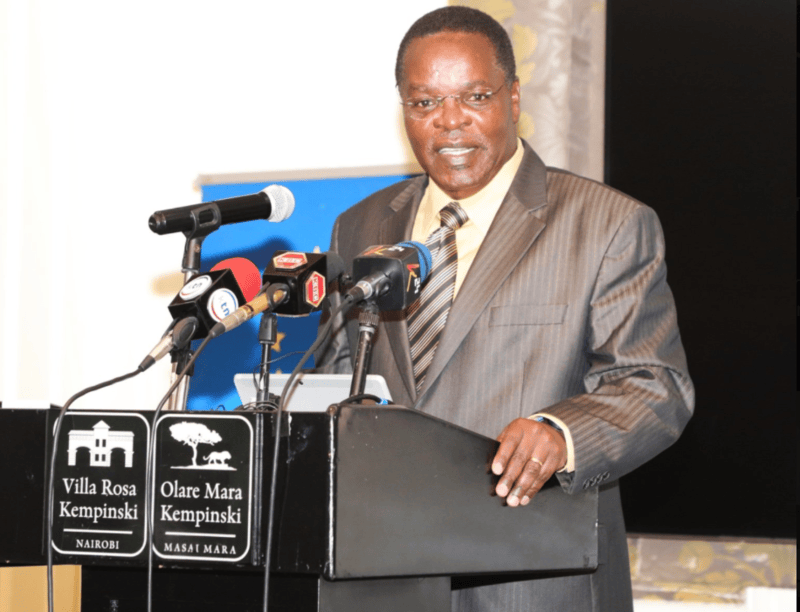Mandera man serving 10-year jail term for terrorism charges released after successful appeal

Justice Onyiego said the evidence that led to the conviction of Mohamed was not sufficient and released him.
A Mandera man jailed after a wrongful conviction for terrorism-related offences including travelling to Somalia has been released by a Garissa High Court upon a successful appeal.
Mohamed Omar Haji was serving a 10-year jail term after conviction for numerous terrorism-related offences until he was set free by Justice John Onyiego.
More To Read
- Somalia, US hold talks on expanded cooperation on border security, immigration
- Nine police officers injured in IED attack in Garissa County
- Ghana’s security strategy has kept terror attacks at bay: What other countries can learn from its approach
- Seven police officers injured in Mandera IED attack
- Clashes between Somali Forces, Al-Shabaab erupt near Baidoa after attack on military base
- Kenya added to EU's high-risk list for money laundering, terrorism financing deficiencies
Justice Onyiego said the evidence that led to the conviction of Mohamed was not sufficient and released him.
The prosecution's evidence in chief against Mohamed was that he was on August 19, 2021, found with mobile phones separately fitted with Safaricom, Sominet, and Hormud SIM cards in the Kalalio area during his arrest.
Cpl. Korir had told the trial court that they received an intelligence report that Mohammed, who was said to have travelled to Somalia, was back in Kenya and proceeded to arrest him.
It was also alleged that there were memory cards with pictures of Mohamed taken from undisclosed locations while dressed in Somali National Army uniforms and upon further investigation, it was discovered that he stayed in Garbahare, a place mostly inhabited by the Al-Shabaab militia.
But Mohamed, during the trial, told the court in a sworn testimony, that he came from Darika Kalalio but denied being involved in the commission of the offences.
He stated that he was arrested while at his farm and the charges were precipitated by the people who killed his father and now are after him as they want to kill him too.
He argued that he was simply framed and the said photos were not his as he had never been to Somalia.
Justice Onyiego said he finds it difficult to agree with the trial court that jailed Mohamed without any demonstrable linkage because the findings were not supported by evidence on record.
"In any event, there was no explanation given by Cpl Korir as to whether they were looking for (Mohamed) before receiving intelligence connecting him with Al-Shaabab," stated the judge.
"Most importantly, the prosecution relied on the evidence of Cpl. Korir alone to convict. There was no corroboration. The appellant denied the offence. He claimed that he was framed. Nobody came forward to confirm the testimony of Cpl. Korir that the phones in question were found in possession of the appellant despite saying that he was in the company of some officers."
Magistrate faulted
Justice Onyiego faulted the magistrate who convicted and jailed Mohamed for failure to caution themselves from relying on evidence of one witness in convicting Mohamed.
"In a nutshell, I am persuaded that the prosecution in this case did not discharge its burden to prove beyond reasonable doubt that the appellant (Mohamed) committed the offences. To that extent, the appeal herein succeeds. Accordingly, I am inclined to quash the conviction and set aside the sentence. The appellant shall be set free unless otherwise lawfully held," said the judge.
Mohamed had been convicted for four offences including travelling to a terrorist-designated country without passing through designated immigration exit points contrary to section 30B (1) (a) and 30(B)(2) (a) as read with section 30C (1) of the Prevention of Terrorism Act (POTA) 2012.
The appellant had been convicted for crossing to Somalia on diverse dates between the years 2020 and 2021 at Border Point Three (BPIII) along the Kenya – Somali border in Mandera East Sub County. He had been found guilty of having travelled to Garbaharey – Somalia, a terrorist training country without passing through designated immigration exit points.
He had also been charged and found guilty of exiting through a place not designated as a place of exit contrary to section 15(2) as read with section 57 of the Kenya Citizenship and
Immigration Regulations, 2012.
Mohamed had been accused of travelling to Bula Hawa in Somalia through a place not designated as an exit point.
The prosecution had argued that Mohammed exited the country on diverse dates in the year 2020 at Border Point Three (BP III) along the Kenya-Somali border in Mandera East.
The successful appellant who is now a free man had also been found guilty of failing to report departure to the Immigration Office contrary to Regulation 17(1)(a) as read with section 57 of the Kenya Citizenship and Immigration Regulations, 2012.
The state had argued that on diverse dates in the year 2020 at Border Point Three (BP III) along Kenya- Somali border in Mandera East Mohamed failed to report departure to the nearest immigration office as required by law while crossing to Bulla Hawa Somalia.
The office of the Director of Public Prosecutions had accused Mohamed of entering Kenya through a place not designated as a place of entry contrary to section 15(2) (a) as read with section 57 of the Kenyan Citizenship and Immigration Regulations, 2012.
The ODPP accused Mohamed of having entered Kenya on August 17, 2021, at Border Point Three (PBIII) along the Kenya – Somali border in Bulla Hawa Somalia.
Mohamed had been convicted on all counts and sentenced to serve 10 10-year jail term for the offence of entering a terrorism-designated state and a six-month jail term for the other offences.
Top Stories Today
